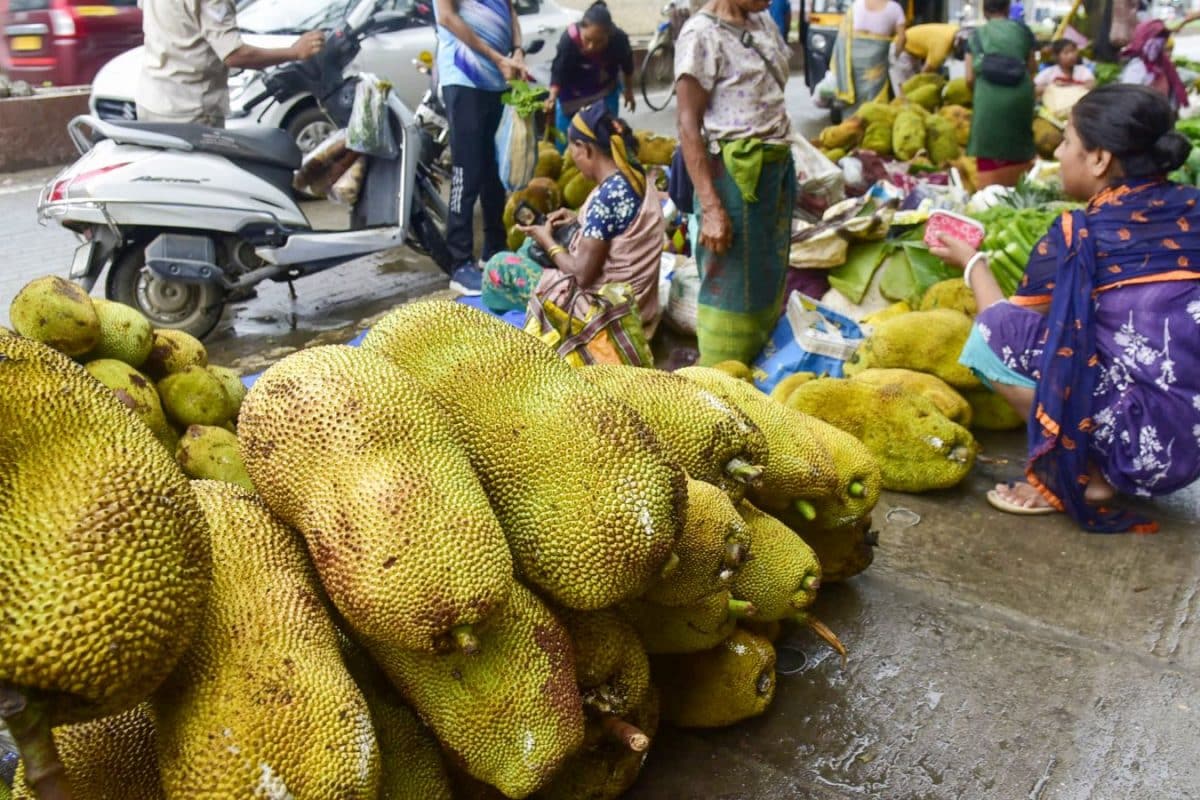

A Kerala State Road Transport Corporation (KSRTC) driver in Pathanamthitta found himself in a peculiar situation after a routine breathalyzer test indicated alcohol consumption. The driver, however, insisted that he was not drunk and attributed the positive result to the large quantity of jackfruit he had consumed.
The incident occurred at the Pandalam KSRTC depot. According to an official, another driver had brought jackfruit from home and shared it with his colleagues. The driver in question reportedly ate a significant amount of the fruit before his shift. When he underwent the standard breathalyzer test, the meter quickly rose from 0 to 10, suggesting a high level of alcohol. The driver denied consuming any alcohol and even offered to take a blood test to prove his innocence. Three other staff members also failed the test.
This sparked an investigation into whether jackfruit consumption could indeed affect breathalyzer results. To test this, an official who initially recorded a zero on the breathalyzer took another test after eating jackfruit. The result showed an elevated reading, indicating alcohol consumption. This led officials to suspect that jackfruit was the reason for the positive breathalyzer tests.
Ripe jackfruit, especially when it is overripe, can undergo natural fermentation. This process releases trace amounts of ethanol, which can be detected by breathalyzers. The high sugar content in certain types of jackfruit, such as "honey jackfruit," makes them more prone to fermentation. This fermentation can occur in the mouth or digestive tract. If jackfruit particles remain in the mouth, natural bacteria and yeasts can ferment the sugars, producing small amounts of ethanol. Similarly, bacteria in the gut can ferment the sugars in the digestive tract, leading to the production of alcohol vapors that can be detected on the breath.
This is not the first instance of a KSRTC driver testing positive on a breathalyzer test after claiming to have abstained from alcohol. A similar case was previously reported at the Palode depot in Thiruvananthapuram. As a result, KSRTC implemented mandatory breathalyzer tests as part of an effort to prevent drunk driving.
These incidents raise concerns about the accuracy of breathalyzer tests and the potential for false positives. Besides fermented foods like jackfruit, other factors can also cause inaccurate readings. These include certain foods such as bread, kombucha, some fruit juices, and vinegar-containing foods. Mouthwashes and breath sprays can also contain alcohol. Furthermore, some medical conditions, such as diabetes and heartburn, as well as medications like cough syrups and asthma inhalers, may affect breathalyzer results.
The Kerala State Transport Department is expected to review the case formally, and officials have suggested that action against the driver may be reversed pending further investigation. This situation has sparked debate about the reliability of breathalyzers and their use in diverse culinary environments. For the time being, KSRTC drivers may think twice about eating jackfruit before their shifts.